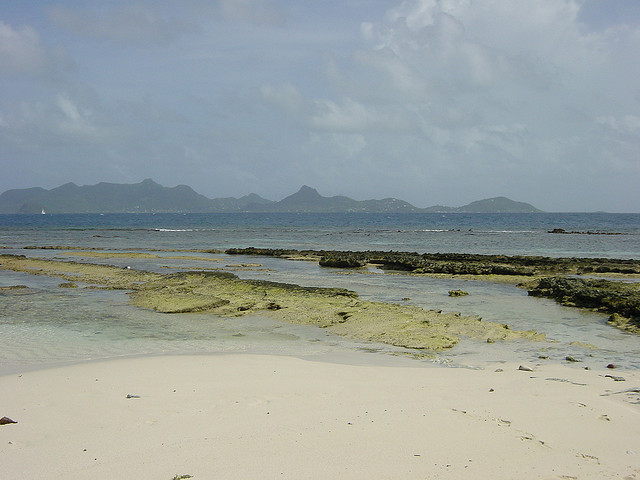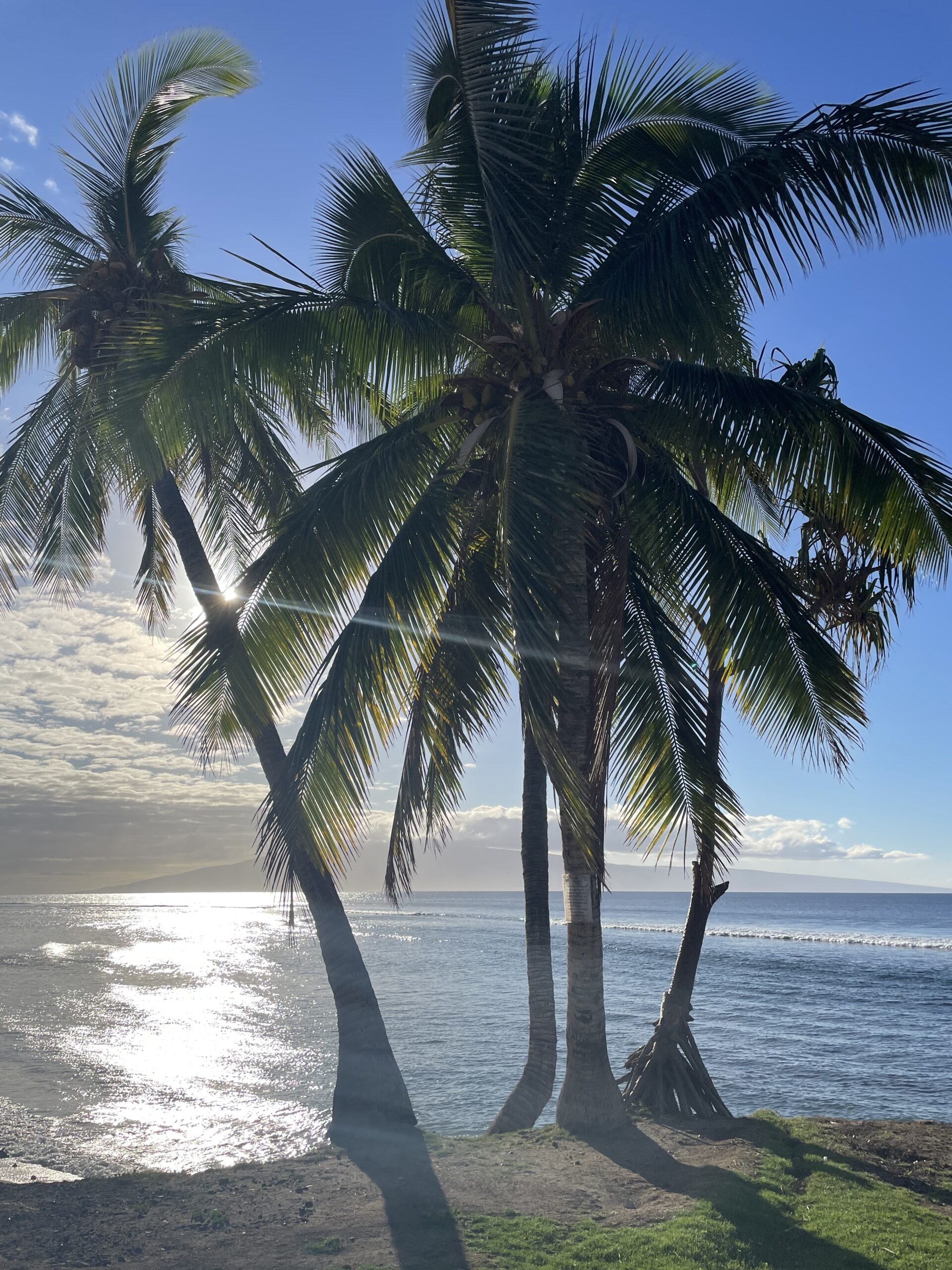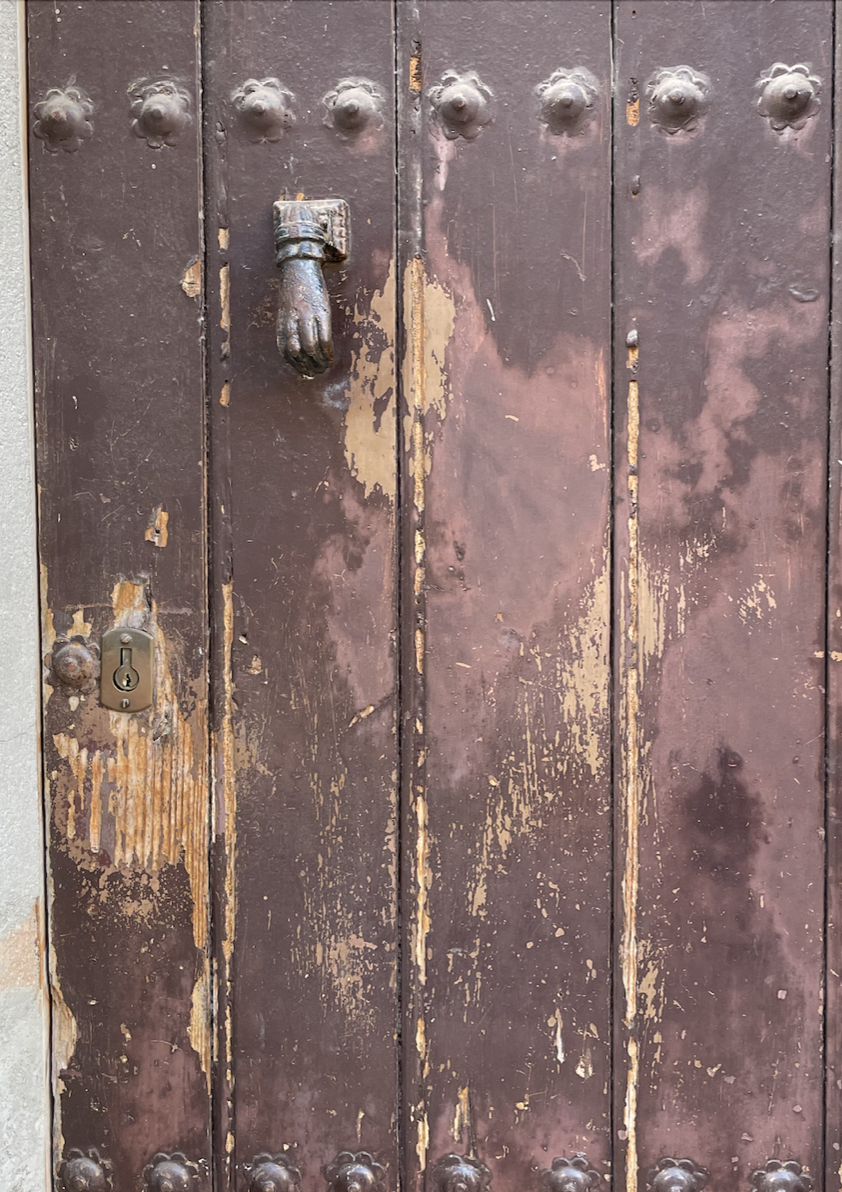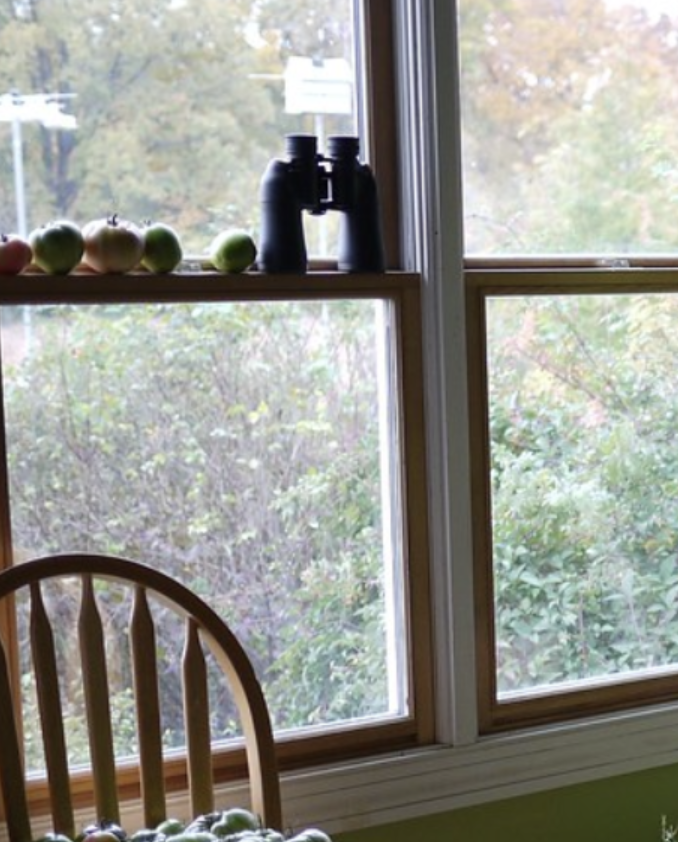By TARA DEAL
It has the name of a bug and sounds so ugly, like nonsense, but Morpion is real, a sliver of the slightest fantasy island in the Caribbean. One small circle, perfectly uninhabited, with a single palm tree stuck in its ice-cream-colored sand. No waves to speak of, though there is some soft lapping of warm water. A lullaby at the end of the journey.

Leave from one of the other islands, crowded with the good life. Conch fritters and orange evenings on terraces. Where just last night the mynah bird, in its cage, sang La Marseillaise before dinner. Sang to the tourists, without meaning to convince them, but soon the tourists, too, were singing, succumbing to the call to arms, and harmony existed, floated between the cage and the beach, pink at last, then black as feathers, before the waiter brought in snifters and carried away all our random utensils.
And in the morning, preparations for departure. No one needs to stay here any longer. Organize the rigging and then sail to Morpion, which looks like a child’s drawing with bright crayons on flimsy paper. Maybe you made a mistake. Will it dissolve before you get there?
And then the sails drop down, and there it is, as promised. With its one bent tree providing just enough frilly shade for a person to sit and contemplate existence.
But wait a minute. Watch the island from the water, from the cockpit. (It is the cocktail hour. There are cashews and olives.) The water is still, but the island is wavering. There is a squall on the horizon, the relief of gray.
And don’t disembark to visit Morpion. No one ever does, really.
Tara Deal is a writer in New York City and the author of two books from small presses: Wander Luster is a poetry chapbook from Finishing Line Press, and Palms Are Not Trees After All is the winner of the 2007 Clay Reynolds Novella Prize from Texas Review Press.
Photo by Lyn Gateley from Flickr Creative Commons



